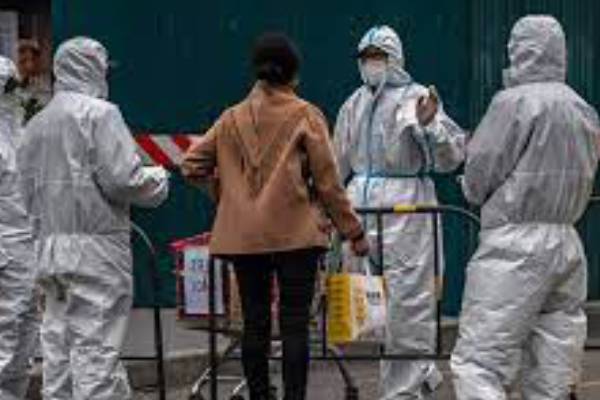China’s partial reopening has been met with an outpouring of joy and relief from citizens — both the hundreds of millions isolated inside the country for the past three years and those overseas separated from their loved ones.
Authorities announced Monday that starting January 8, China will drop quarantine requirements for all international arrivals, its most significant move yet in transitioning away from its stringent zero-Covid policy.
The border remains largely closed to foreigners, apart from a limited number of business or family visits — though the government signaled Monday this could loosen, too.
For many Chinese nationals abroad, who have been unable to return or unwilling to endure the lengthy quarantine, the news meant they could finally go home — a bittersweet victory after much sacrifice.
“Finally, everybody can (live) their normal life,” said one Chinese national living in New York, who hasn’t been home for four years. She called the separation “very painful,” saying several of her family members and the beloved pet dog she grew up with had died during that time.
Her family “missed (my graduation). They missed so many things,” she said. “And I also missed so many things for my family. All my friends, they got married during the pandemic. Even some of them had babies. I feel like I missed everything, I missed the most important points in their lives.”
The US has become the latest country to impose mandatory Covid tests on Chinese tourists, after China announced it would reopen its borders next week.
Tighter measures have also been brought in by Italy, Japan, Malaysia, Taiwan and India.
After almost three years of restrictions, China will let people travel more easily from 8 January.
At the same time, the country is facing a surge in Covid cases, leading to wariness among some countries.
However, Beijing said coronavirus rules should be brought in on a “scientific” basis, and accused some countries and media of “hyping up” the situation.
How many Covid cases are there in China?
On Monday and Tuesday, China announced it would ease its restrictions on travel to and from the country.
From 8 January, quarantine for travellers entering China will end, and passport applications for Chinese citizens will resume, authorities said.
Travel sites reported a spike in traffic following the announcements – and some countries revised their travel rules.





